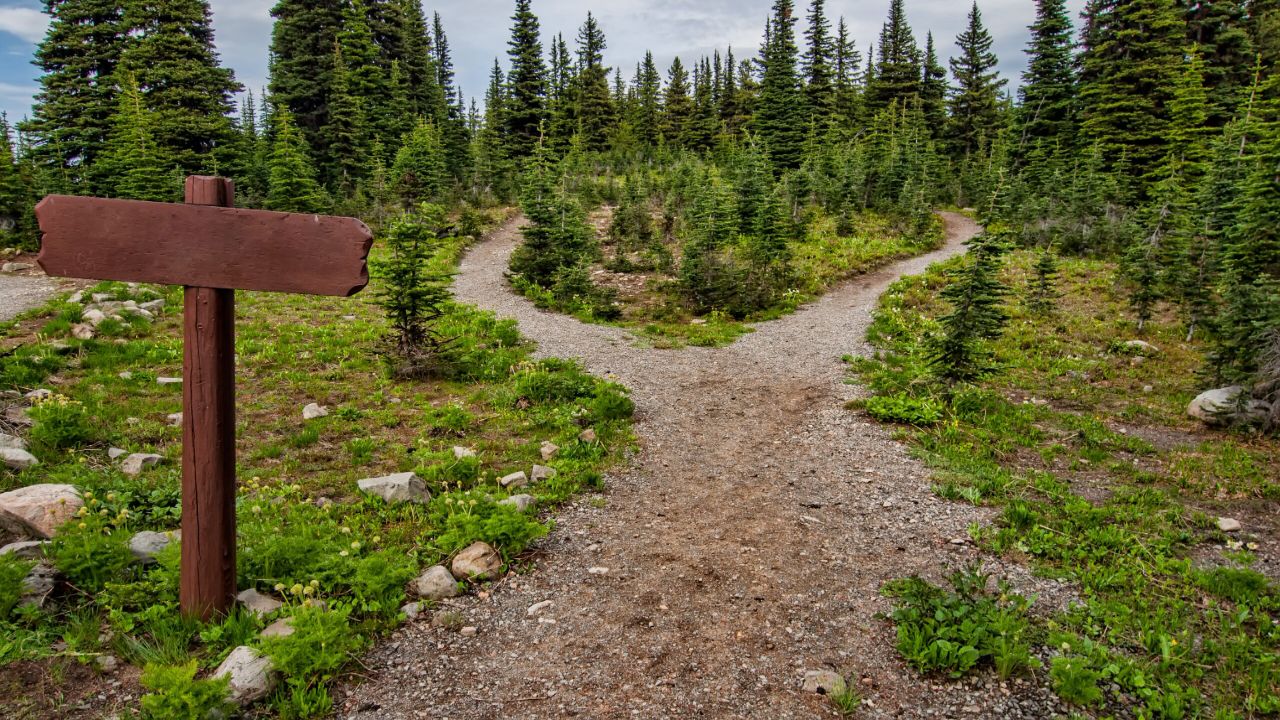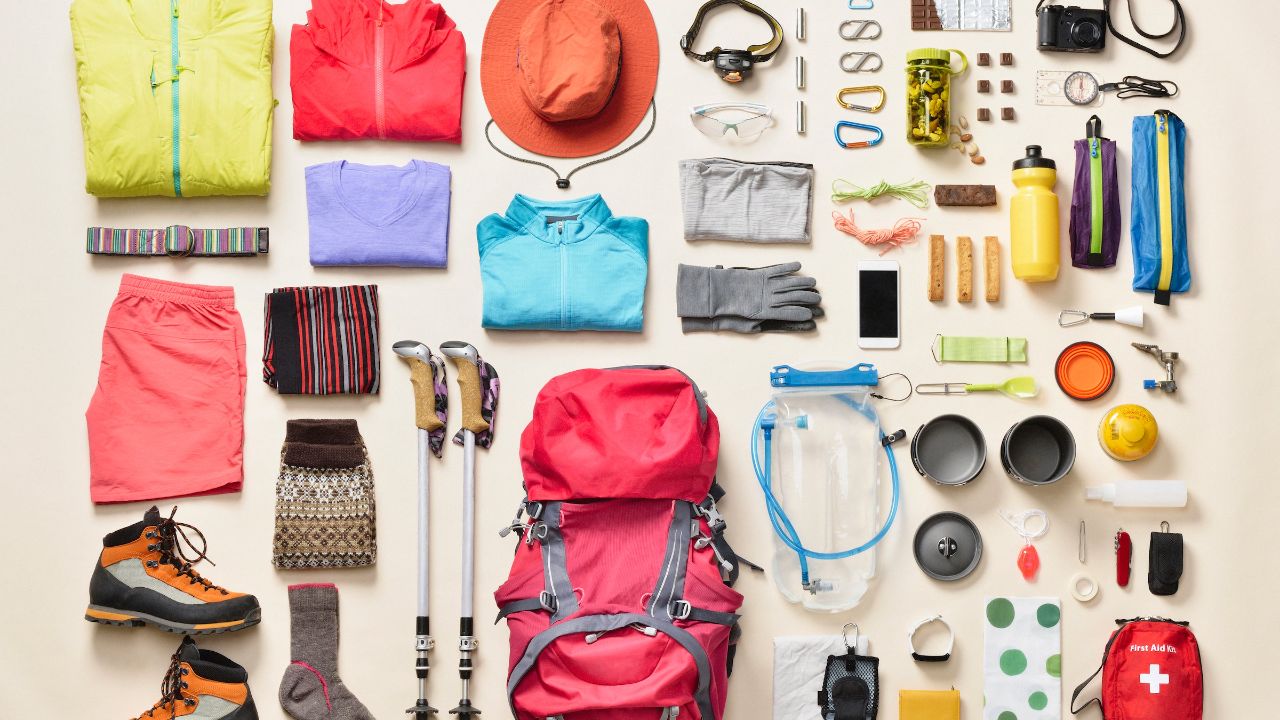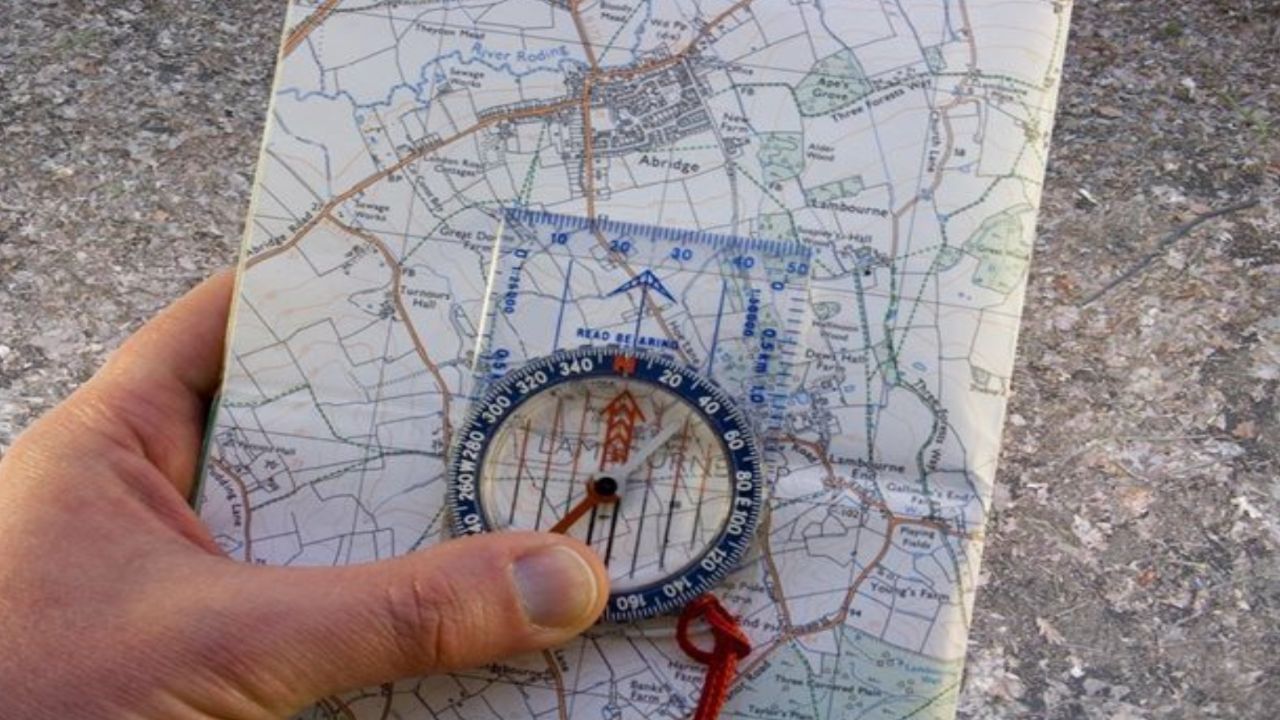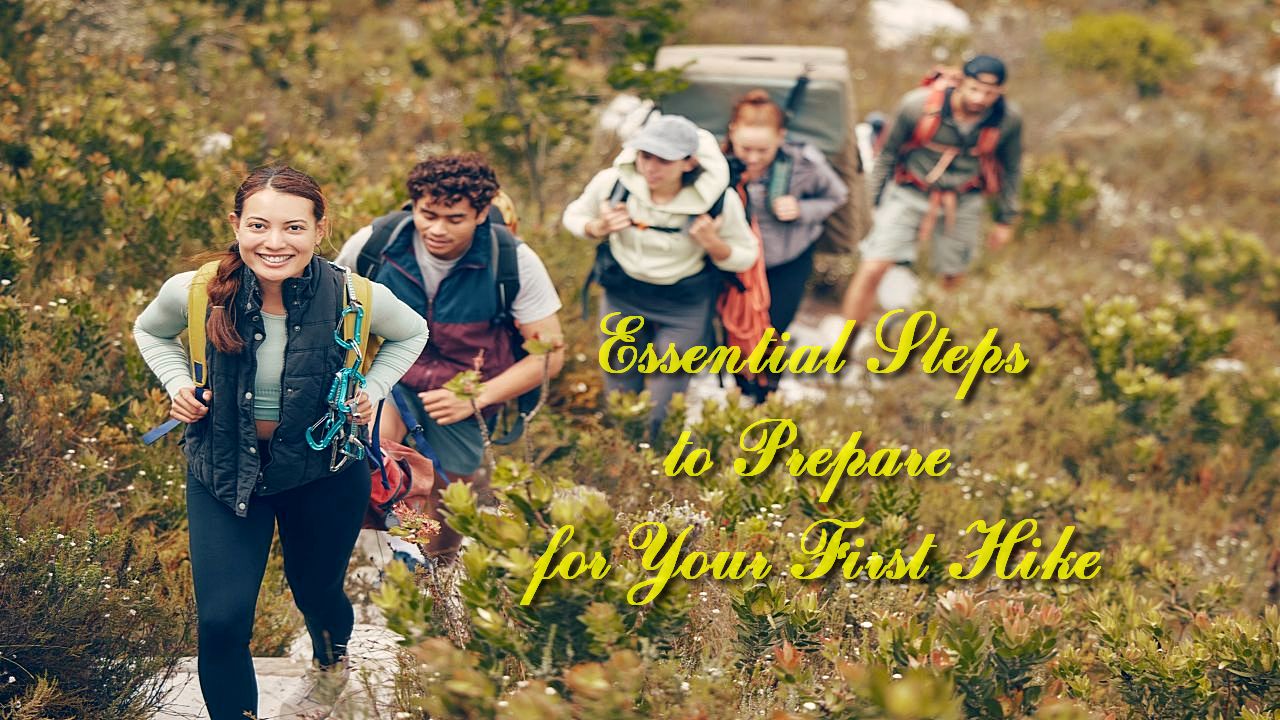Embarking on your first hike can be an exhilarating and rewarding experience, but proper preparation is essential to ensure a safe and enjoyable journey. Whether you’re planning a short trek through local trails or gearing up for a more challenging adventure in the wilderness, taking the time to adequately prepare will significantly enhance your overall experience. Here’s a comprehensive guide outlining the essential steps to prepare for your inaugural hiking expedition.
Research and Choose Your Trail

Before setting out on your hike, it’s crucial to research and select a trail suitable for your skill level and fitness level. Consider factors such as trail length, elevation gain, terrain difficulty, and environmental conditions. Beginner-friendly trails with well-marked paths and moderate elevation gains are ideal for those new to hiking. Online resources, guidebooks, and local hiking clubs can provide valuable information about various trails and their difficulty levels. Also, click here if you are still looking for proper shoes that will be appropriate for any terrain.
Check Weather Conditions
Weather conditions can greatly impact your hiking experience, so it’s essential to check the forecast for your chosen trail and its surrounding area. Be prepared for changing weather patterns by dressing in layers and packing appropriate gear such as rain jackets, extra clothing, and sun protection. Additionally, avoid hiking in extreme weather conditions such as thunderstorms, heavy snowfall, or extreme heat, as these pose safety risks.
Invest in Proper Gear

Investing in the right gear is essential for a comfortable and safe hiking experience. Start with sturdy and supportive hiking boots or shoes that provide traction and ankle support. Dress in moisture-wicking clothing made of synthetic or wool materials to help regulate body temperature and keep you dry. Other essential gear includes a well-fitted backpack, navigation tools (map, compass, GPS), a first aid kit, water bottles or hydration system, snacks, and a flashlight or headlamp.
Train and Build Stamina
Hiking requires physical endurance and stamina, especially if you’re tackling longer or more challenging trails. Start building your fitness level gradually by incorporating cardiovascular exercises such as walking, jogging, or cycling into your routine. Additionally, include strength training exercises to improve muscle strength and endurance, focusing on the legs, core, and upper body. Practice hiking on local trails or inclines to simulate the conditions you’ll encounter on your planned hike.
Learn Basic Navigation Skills

Basic navigation skills are essential for safely navigating trails, especially in remote or unfamiliar areas. Familiarize yourself with map reading, compass use, and GPS navigation before embarking on your hike. Study trail maps and route descriptions, noting landmarks, trail junctions, and potential points of interest. Pay attention to trail markers and signage while hiking, and always carry a map and compass as backup navigation tools.
Pack Essentials and Leave No Trace
When packing for your hike, prioritize essential items while keeping your backpack as lightweight as possible. Pack sufficient water to stay hydrated, snacks to maintain energy levels, and essential gear for safety and comfort. Follow the principles of Leave No Trace by minimizing your environmental impact, packing out all trash, staying on designated trails, and respecting wildlife and natural habitats.
Inform Others of Your Plans
Before heading out on your hike, inform a trusted friend or family member of your itinerary, including your planned route, expected return time, and emergency contact information. Consider sharing your location using a smartphone app or GPS device with real-time tracking capabilities. Check in with your designated contact upon completing your hike to confirm your safe return.
By following these essential steps and adequately preparing for your first hike, you’ll set yourself up for a successful and enjoyable outdoor adventure. Remember to stay safe, respect nature, and embrace the experience of exploring the great outdoors. Happy hiking!

